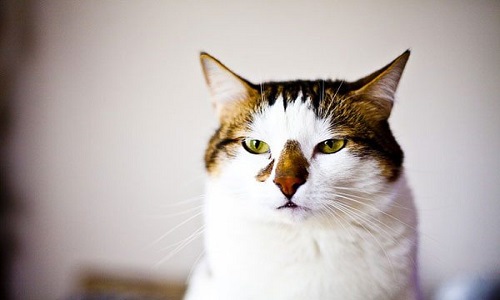Sep 26, 2017

An Unlikely Partnership
A partnership between seven animal rescue organizations and a nonprofit thrift store in Erie, Pennsylvania, is getting plenty of media attention, but for all the wrong reasons.
Dan Tupek, the proprietor of the for-profit 4paws Animal Rescue Thrift Store, opened in June. While setting up the store, he used the logos and names of several area animal rescue organizations to solicit hardware and donated items to sell. The plan was to turn over any profits, after paying utilities, salary, insurance, and rent, to the listed charities.
All of the listed charities were local animal rescue groups where money is always scarce and donations are always welcome to save lives. There was just one glitch: None of the nonprofits listed knew about the partnership or had agreed to it.
Not long after he launched his venture, the nonprofits for whom he was ostensibly raising funds started hearing from donors who had donated items to 4paws. Soon, staff and volunteers from the organizations went to meet with Mr. Tupek, asking him to either formalize his donation policy in writing or to stop using their organizations’ names and iconography to solicit donations. They also informed Mr. Tupek that he could be jeopardizing their nonprofit status with his surprise partnership.
According to area animal rescue group leaders, not only did 4paws not stop soliciting donated items to sell using the charity’s names, in the four months since the venture opened, the seven nonprofits have yet to see a dime.
Tupek told a local news crew that he was unaware he needed the organizations’ permission to solicit on their behalf. He said that over the summer, the ANNA Shelterwas given five cases of used bedding materials. Tupek can’t remember who picked the donation up, and the shelter says they never received it.
Various arms of the rescue community, working together in partnership or collaboration, have achieved some of the biggest wins in the sheltering community. Shelter Animals Count, Feral Cat Coalition of Oregon, and Million Cat Challenge are models of collaboration in the animal welfare sector. Partnering allows organizations to pool resources and save more animals. But partnership, by definition, requires agreement among the partners, which clearly isn’t present in this case. We can only hope that the silver lining of Mr. Tupek’s shenanigans will be that the animal welfare groups will be positioned to work together efficiently in the future on actual collaborations and partnerships.
Sadly, not only is Mr. Tupek failing to help the shelters, the tangled mystery “partnership” is now hampering area rescue work, as local organizations’ leadership have had to spend time tracking down Mr. Tupek and pursing legal action, rather than using donations to care for the animals.
On their Facebook page, the ANNA Shelter released a statement on behalf of the executive directors of all the rescue organizations impacted:
Please understand that any goods donated and all items purchased ARE NOT benefiting the animal groups they are claiming to benefit. We are pursuing legal action, which is now costing our organizations money, but our reputations and nonprofit statuses are too valuable not to—and your support and generosity is too valuable to us to allow this to continue."
By Carrie Collins-Fadell | Nonprofit Quarterly | September 22, 2017